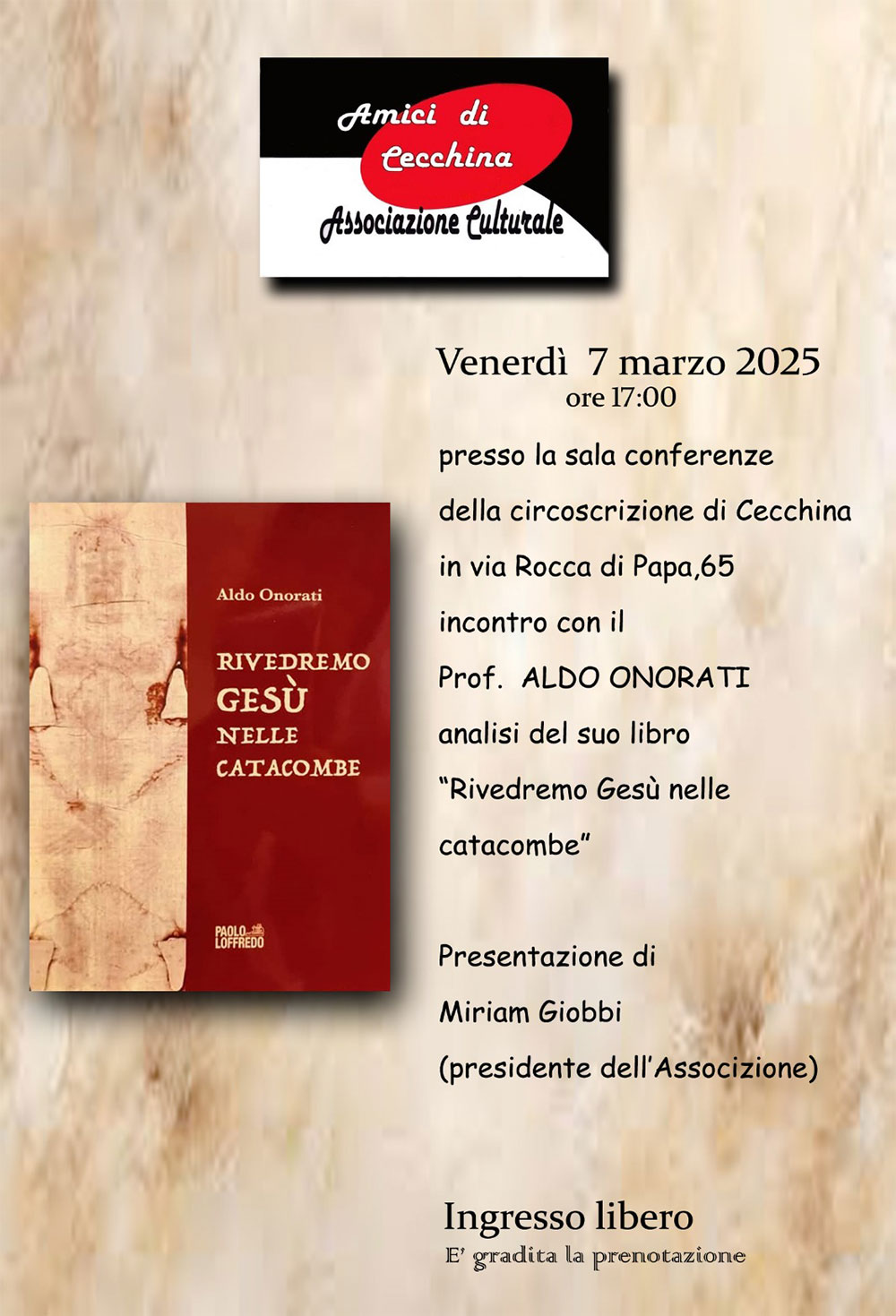 Paolo Loffredo, sixth generation of a large family of publishers and booksellers engaged in the production and distribution of books since the late nineteenth century, creates in 2012 the new editorial company Paolo Loffredo Editore. The historical site was until the '80s in the heart of the historic centre of Naples in Via San Biagio dei Librai, lower Decumano and also known as the SpaccaNapoli.
Paolo Loffredo, sixth generation of a large family of publishers and booksellers engaged in the production and distribution of books since the late nineteenth century, creates in 2012 the new editorial company Paolo Loffredo Editore. The historical site was until the '80s in the heart of the historic centre of Naples in Via San Biagio dei Librai, lower Decumano and also known as the SpaccaNapoli.
At the beginning of the twentieth century, Giuseppe Loffredo decided to add book selling to the book production, which definitively imposed itself after World War II with the publication of manuals for the University and for the School that succeeded in establishing themselves soon throughout Italy.
LAST EVENT
"Rivedremo Gesù nelle catacombe"
07 Marzo 2025 - Sala Conferenze circoscrizione di Cecchina - via Rocca di Papa 65, Albano Laziale (RM) - ore 17,00

Mosaic – Fuori tema – Inglesi e cinema
ISSN 2611-1470
Language: Italian
Publisher: Paolo Loffredo Iniziative Editoriali Srl

Description
Fuori tema. Inglesi e cinema
If the opening essay, dedicated to the romantic critic William Hazlitt and his reflections on corporative associations and people, is limited to repeatedly evoke the thought of Niccolò Machiavelli (useful depaysement, thinking about the current de-legitimization of traditional political parties and the affirmation of populism), the other contributions of the volume have more explicitly a comparative cut. The pages dedicated to Walter Savage Landor and Vittorio Alfieri, to Edward Montague Compton Mackenzie and Émile Zola, to Aldous Huxley and Carlo Emilio Gadda, to James Joyce and Wilkie Collins, all have the profile of a 'double' reading: readings that intersect authors and different languages between the nineteenth and twentieth centuries, on the edge of echoes and quotations that always favour Anglo-Saxon prose and culture as a starting and finishing point.
The second half of the volume is largely occupied by a large repertoire dedicated to Joyce. But now the Irish writer is no longer read in pairs with another novelist, but investigating his relationship with the cinema.
The two subsequent essays also deal with the relationship between writing and cinema, as they examine the work of two screenwriters and that of a director who was also a famous writer. The work of Hanns Kräly for Ernst Lubitsch in the twenties and thirties, that of Charles Bennett for Alfred Hitchcock in the thirties.



